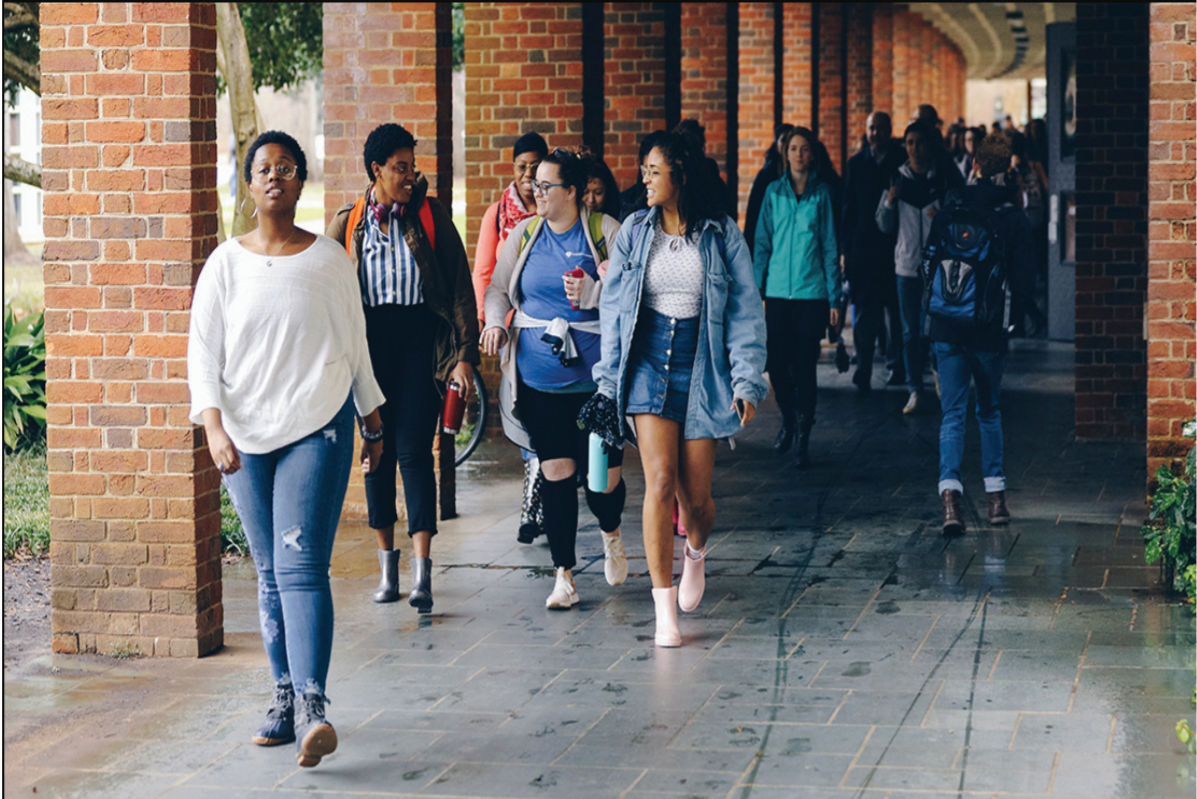As the sun sets on the 31st of January and rises on the 1st of February, we celebrate the return of Black History Month. It is a month that was historically built into the western calendar to celebrate the often-forgotten leaders, movements, accomplishments and overall culture of the African American community. As Thurgood Marshall once said, “In recognizing the humanity of our fellow beings, we pay ourselves the highest tribute.” This month is not only a moment of celebration for the African American community, but is meant to serve as a moment of unity for all other communities that make up the United States: a month that provokes conversations of change, a month that questions history and showcases actions of unity.
One question we can ask ourselves is, what does Black History Month mean to the international black community? Before the world was hit by the social media pandemic, in many parts of the African Continent or Caribbean islands, Black History Month was never a marked celebratory month. As 2.1 million Africans migrated to the U.S by 2015, a new population of people were introduced to this historical month.
Ghanaian born Furman student, Andrew Teye quotes “As an African, I do not personally relate to Black History Month here in the United States. However, I appreciate it, because it is a time that allows for global appreciation of ‘blackness’, a notion that has been challenged and devalued not only locally but internationally. Throughout history, the black race has been especially demonized for its physical and cultural attributes and still is today. Therefore, moments like Black History Month inspire international discussions and allows agency for the global black individual, thus, emphasizing and crediting blackness.”
Black History Month is a time where a different kind of person is being celebrated, a time where black communities around the world see culturally or racially relatable figures being honored. Therefore, as an African, I also choose to join hands with the African American community to honor and celebrate this time in history that is significant to both our identities.
